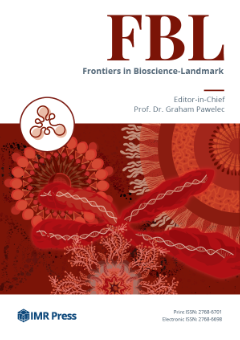Frontiers in Bioscience-Landmark (FBL) is published by IMR Press from Volume 26 Issue 5 (2021). Previous articles were published by another publisher on a subscription basis, and they are hosted by IMR Press on imrpress.com as a courtesy and upon agreement with Frontiers in Bioscience.
Chronic cigarette smoking is associated with adverse effects on cardiac, pulmonary, and vascular function as well as the increased risk for various forms of cancer. However, little is known about the effects of chronic smoking on human brain function. Although smoking rates have decreased in the developed world, they remain high in individuals with alcohol use disorders (AUD) and other neuropsychiatric conditions. Despite the high prevalence of chronic smoking in AUD, few studies have addressed the potential neurobiological or neurocognitive consequences of chronic smoking in alcohol use disorders. Here, we review the the neurobiological and neurocognitive findings in both AUD and chronic cigarette smoking, followed by a review of the effects of comorbid cigarette smoking on neurobiology and neurocognition in AUD. Recent research suggests that comorbid chronic cigarette smoking modulates magnetic resonance-detectable brain injury and neurocognition in alcohol use disorders and adversely affects neurobiological and neurocognitive recovery in abstinent alcoholics.. Consideration of the potential separate and interactive effects of chronic smoking and alcohol use disorders may have significant implications for pharmacological and behavioral treatment interventions.

